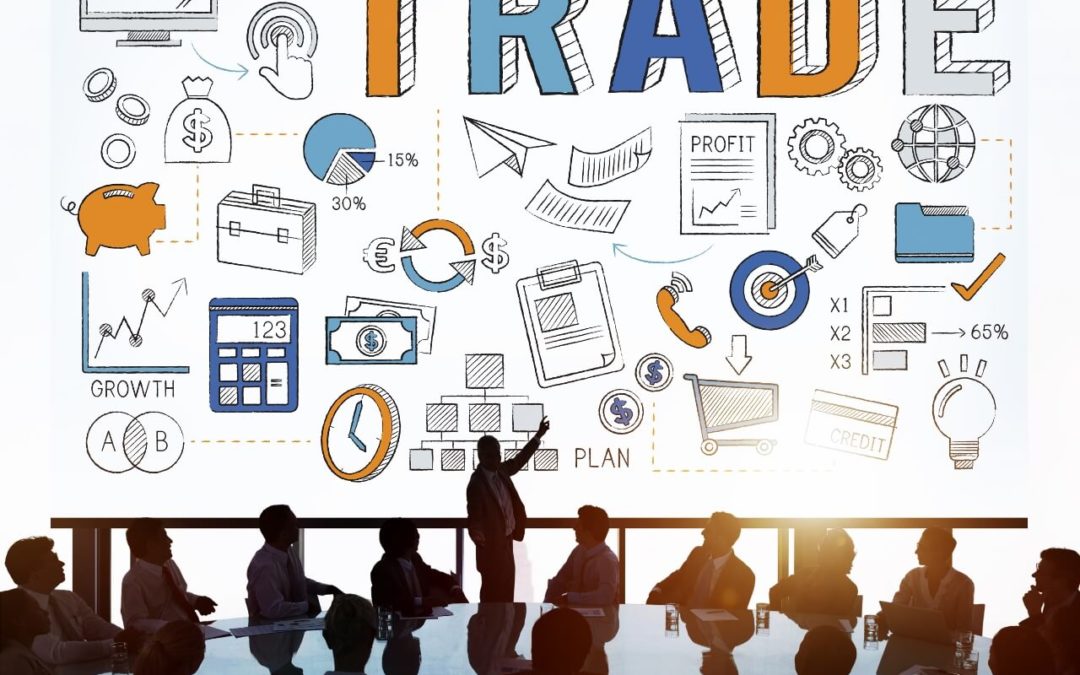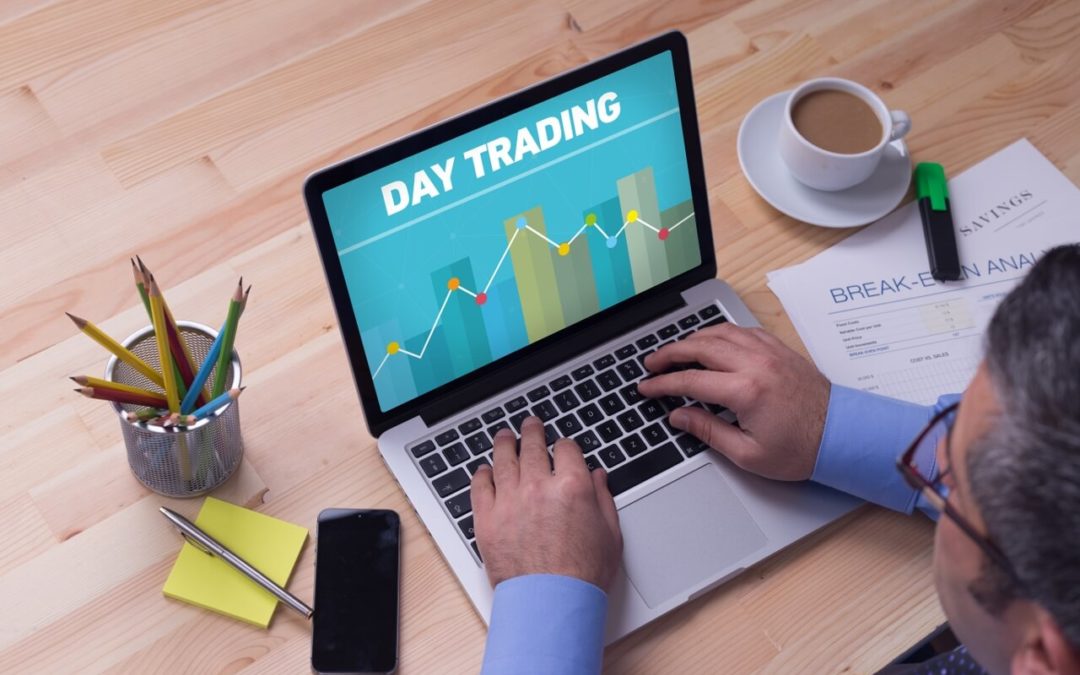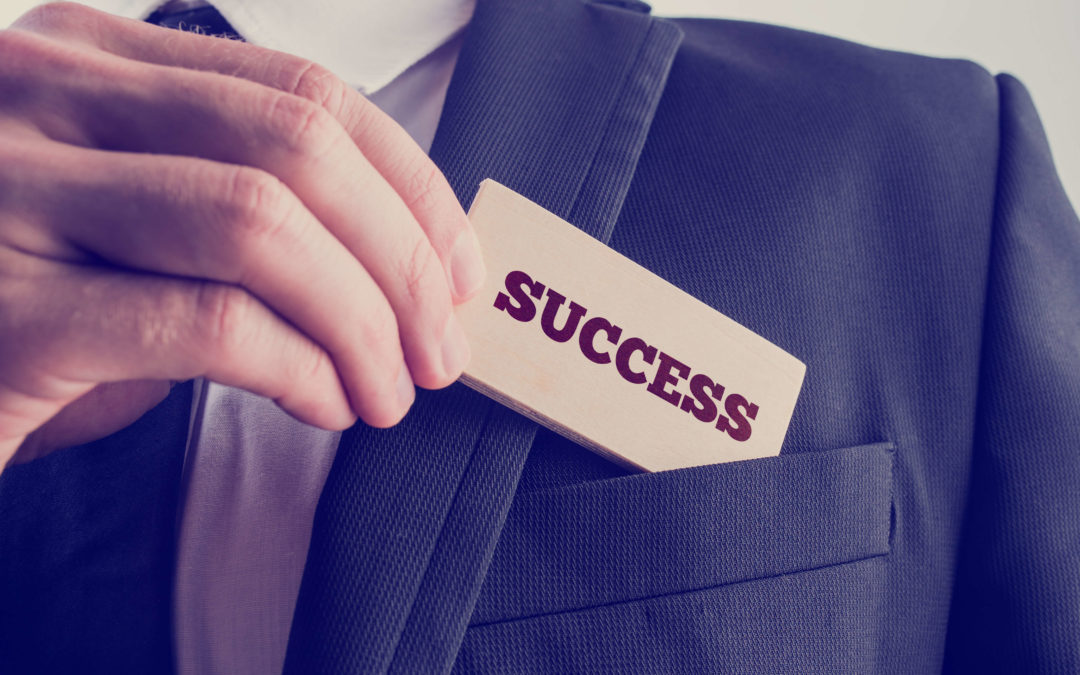
by neurostreet | Sep 15, 2016 | Uncategorized
When you first start trading, you’ll hear a lot of “industry” terms being thrown around. If you’re reading articles or in a trade room on a regular basis, you know that people rarely take the time to explain exactly what all this lingo means. In this first article,...

by neurostreet | Sep 8, 2016 | Uncategorized
During our last article, we talked about the basics of day trading and how to know if it’s the right fit for you. Once you’ve decided to start your trading journey, you also have to know what kind of trader strategy you want to use. At NeuroStreet we break this down...

by neurostreet | Jul 22, 2016 | Uncategorized
So, you’ve been doing your homework and are considering getting into trading. Maybe you were drawn in by the idea of making enough in the markets to finally buy that Maserati you’ve been wanting. Or, you’ve been daydreaming of the day you can finally tell your boss...

by neurostreet | Jul 7, 2016 | Uncategorized
When becoming a successful trader, we all are starting on a different journey. For some, it may come easier, but there will always be a learning curve when starting something new. It can be easy to get overwhelmed with all the knowledge available to you. Use this...

by neurostreet | Jun 23, 2016 | Uncategorized
As a new or experienced trader, knowing where to spend your money when buying education and trading software can be the difference between success and failure. The selection of companies and software is a vast sea of options. Every company claims they can improve...






